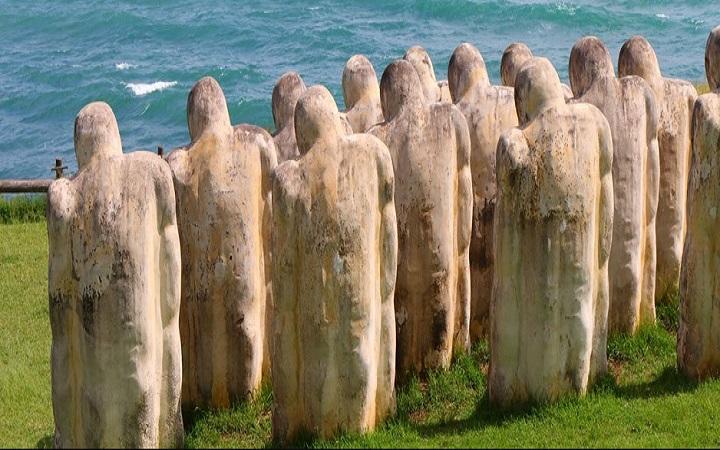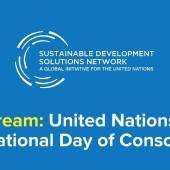International Day for the Remembrance of the Slave Trade and its Abolition

The United Nations’ (UN) International Day for the Remembrance of the Slave Trade and its Abolition is annually observed on August 23 to remind people of the tragedy of the transatlantic slave trade. It gives people a chance to think about the historic causes, the methods, and the consequences of slave trade.
August 23 of each year, the day designated by UNESCO to memorialize the transatlantic slave trade. That date was chosen by the adoption of resolution 29 C/40 by the Organization's General Conference at its 29th session. Circular CL/3494 of July 29, 1998, from the Director-General invited Ministers of Culture to promote the day. The date is significant because, during the night of August 22 to August 23, 1791, on the island of Saint Domingue (now known as Haiti), an uprising began which set forth events which were a major factor in the abolition of the transatlantic slave trade.
Each year the UN invites people all over the world, including educators, students, and artists, to organize events that center on the theme of this day. Theatre companies, cultural organizations, musicians, and artists take part on this day by expressing their resistance against slavery through performances that involve music, dance, and drama.
Educators promote the day by informing people about the historical events associated with slave trade, the consequences of slave trade, and to promote tolerance and human rights. Many organizations, including youth associations, government agencies, and non-governmental organizations, actively take part in the event to educate society about the negative consequences of slave trade.
International Day for the Remembrance of the Slave Trade and its Abolition was first celebrated in a number of countries, in particular in Haiti (23 August 1998) and Goree in Senegal (23 August 1999). Cultural events and debates too were organized. The year 2001 saw the participation of the Mulhouse Textile Museum in France in the form of a workshop for fabrics called "Indiennes de Traite" (a type of calico) which served as currency for the exchange of slaves in the seventeenth and eighteenth centuries.
References:
https://en.unesco.org/commemorations/slavetraderemembranceday
Radio Veritas Asia (RVA), a media platform of the Catholic Church, aims to share Christ. RVA started in 1969 as a continental Catholic radio station to serve Asian countries in their respective local language, thus earning the tag “the Voice of Asian Christianity.” Responding to the emerging context, RVA embraced media platforms to connect with the global Asian audience via its 21 language websites and various social media platforms.














